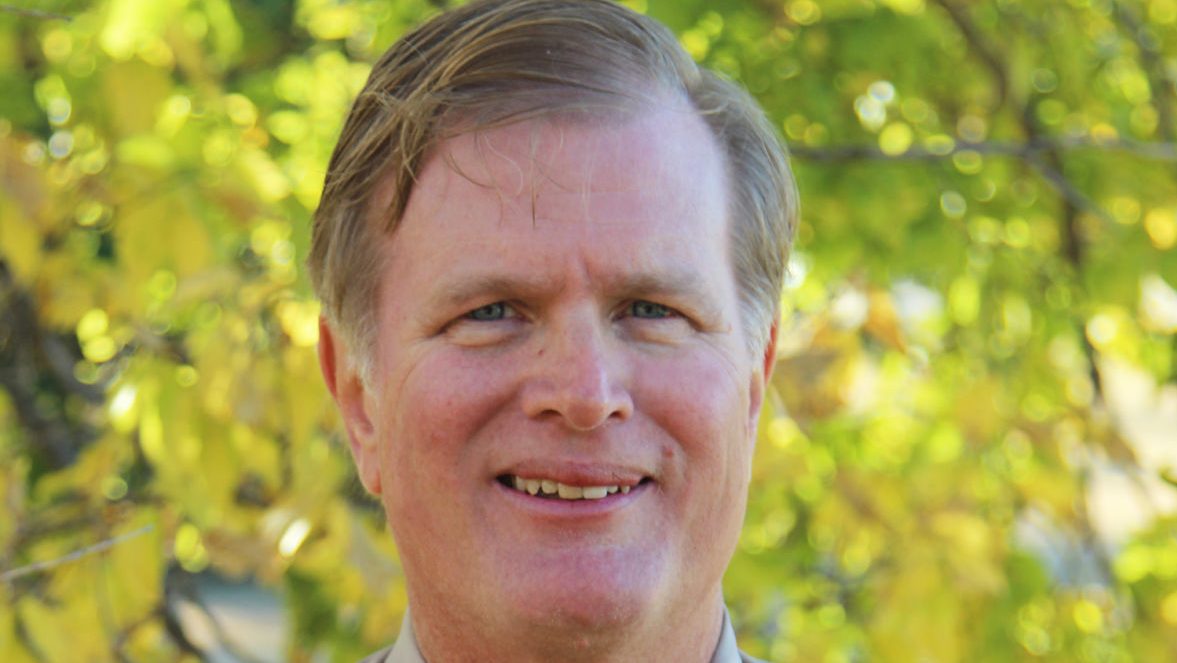Today’s economic climate is a difficult one, according to farmers and ranchers, and mental health experts note depression and suicide also lurk throughout the High Plains.
Escalating bills, the hardball Mother Nature pitches to the prairie or the untimely death of a loved one can heighten depression even among the people who are known as the eternal optimists.
In a story written by Christina Janney of the Hays Post, which was shared with us for our Aug. 15 edition, Janney told about farm stress that can drive up suicide rates. A conference in Hays, Kansas, with representatives of the U.S. Department of Health and Human Services, the U.S. Department of Agriculture in connection with the High Plains Mental Health Center and state agencies shined light on the topic.
Janney noted in her story that Kansas’ suicide rate is higher than the national average and had increased between 2001 and 2020. She cited an official with the Kanas Department of Health and Environment. Suicide is the second leading cause of death for Kansans ages 10 to 34. The highest rates are among white males as suicide rates for rural regions were 58% higher than the state rate.
Discussing the topic is never easy and covering the topic from a High Plains perspective is important. Our field editors tell stories of events they cover and in closing a moderator or panelist will make a point to say that it is important—even during a busy time of harvest or moving cattle—to check on the elderly and those who live alone, particularly if there are behavior changes or they appear more withdrawn or less sociable.
Suicide, in most cases, is a final act from depression and robs the High Plains of its greatest resource—its people. Depression, of course, knows no economic or social norms. It lurks in a way that even the closest family members or friends may miss the warning signs. Isolation is a culprit and if one lives in a rural area sparseness is readily apparent.
That’s one reason it can be difficult to get a reading on someone. We would be hard-pressed to find a reader who was not connected to someone who took his or her life even as it appeared he or she had everything going right on a farm or business.
For all the cynics who might believe Congress cannot do anything right, the legislative branch put its partisanship coats away in July and approved the National Suicide Designation Act, which authorized the new behavioral health/suicide hotline. A toll-free hotline allows a caller to dial 988 to reach the National Suicide Prevention Lifeline. The lifeline is a national network of crisis centers linked through a 24/7 toll-free number that connects callers in crisis to immediate intervention services and trained counselors, according to U.S. Sen. Jerry Moran, R-KS, who co-authored federal legislation in 2019 with Sens. Jack Reed, D-RI, Tammy Baldwin, D-WI, and then Sen. Cory Gardner, R-CO.
They and their fellow legislators put partisanship aside to take action that will save a life and when it comes to suicide preventing one death makes it worthwhile.
Writing an editorial about suicide is not easy for this editor and many others as we have all been touched by the loss of someone who seemed invincible but struggled with inner demons. Like many others we have to wonder if we could have made a difference before it was too late. Common practice tells us it is often easier to ignore the subject rather than to face it, but we must try harder as our neighbor may need us for more than just doing chores so they can get away for a couple of days.
Mental illness is a difficult challenge for High Plains residents who often are afraid to say they need help. Depression is not a forgiving opponent but there are resources available from professionals, physicians, and clergy, as examples, but it all starts with awareness.
Regardless of where we live or whatever our occupation is—we can make a difference.
Dave Bergmeier can be reached at 620-227-1822 or [email protected].

